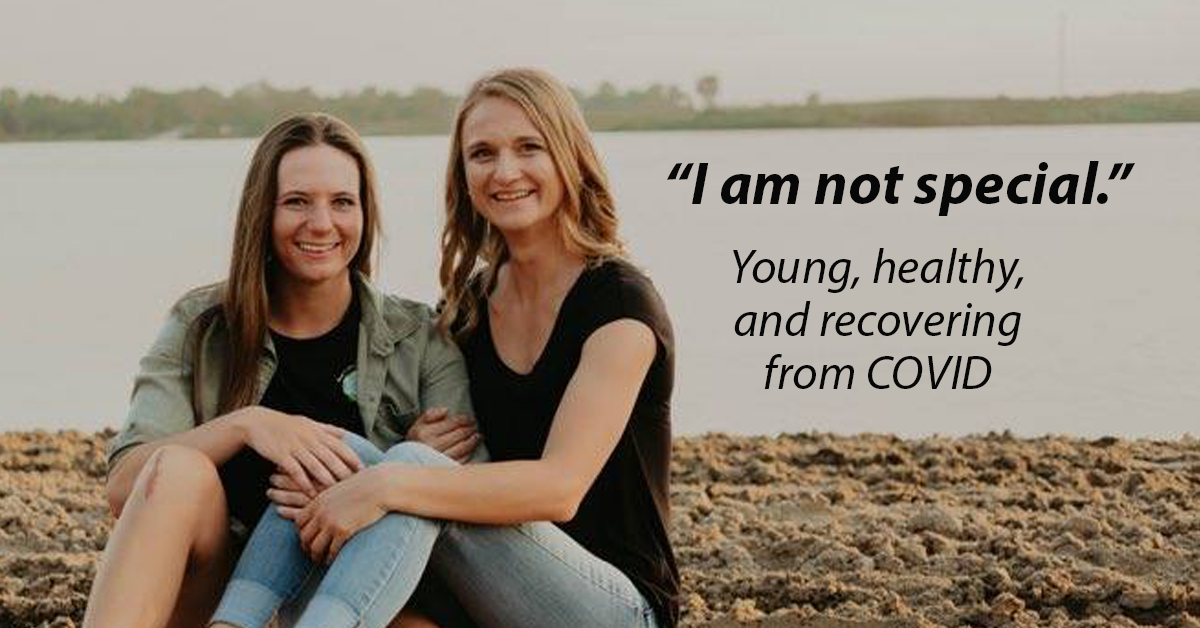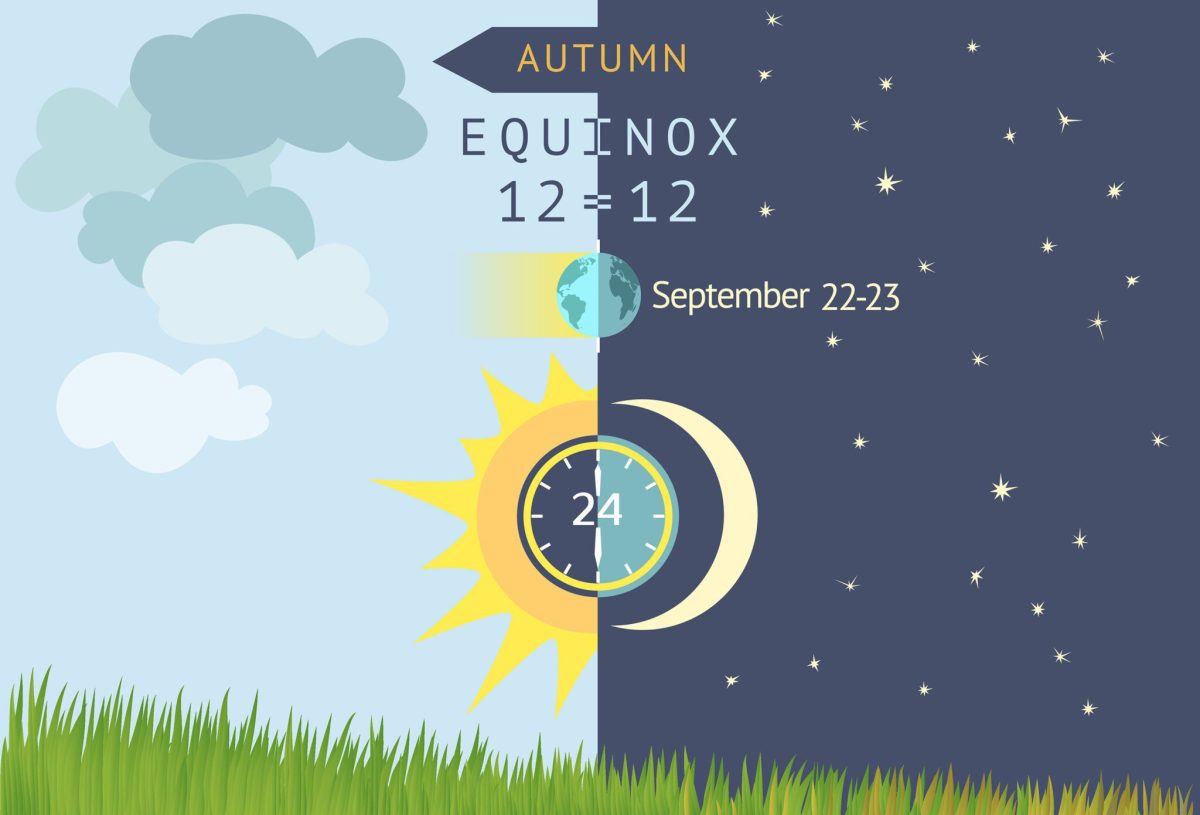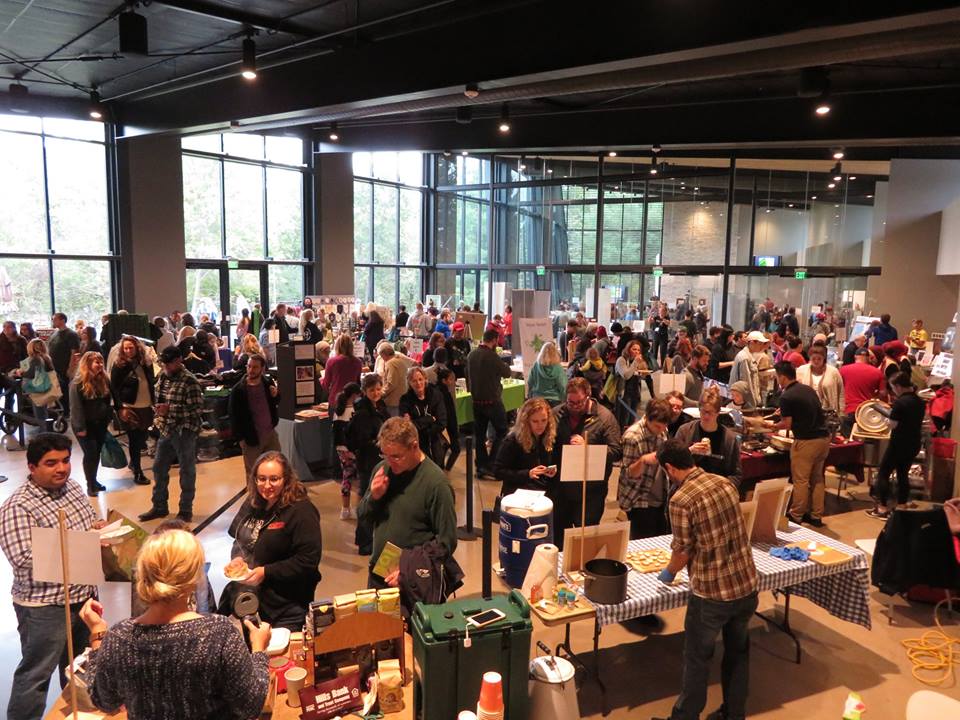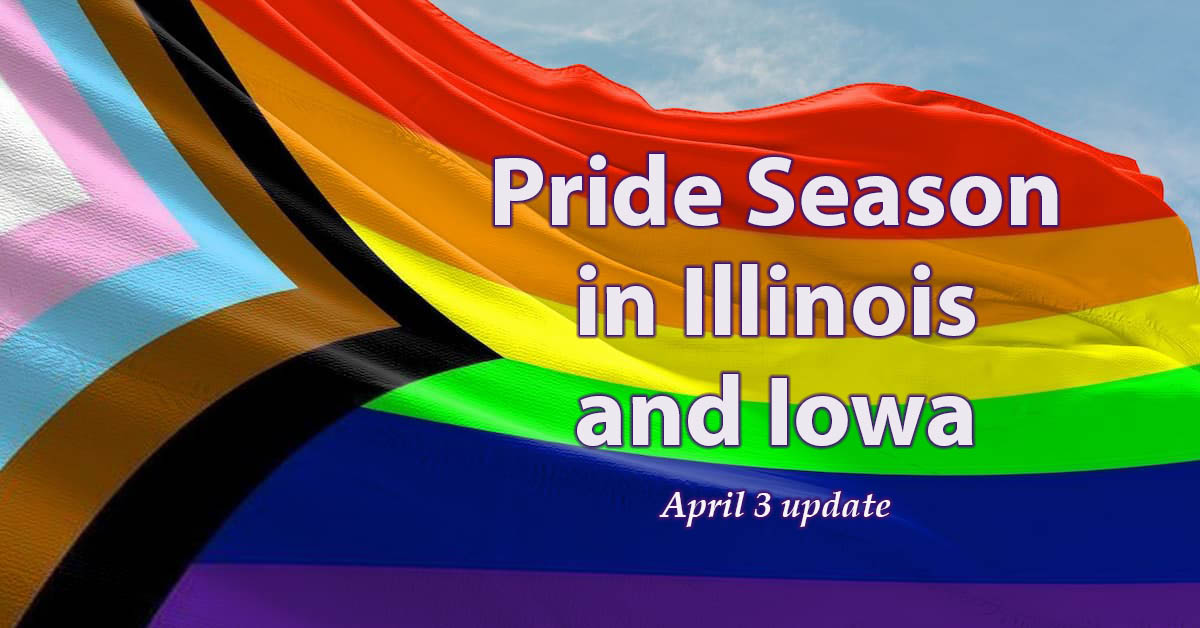ANKENY, IA — I am not special.
Actually, I’m like a lot of people today: a healthy 20- to 30-something with no significant past medical history — who will now be fighting this virus for a long time.
In a world that doesn’t want to hear or believe that, it needs to be said. So, I’m sharing my story.
A lot of the conversation out there will tell you that most people my age “recover” from COVID. You might hear that it’s “just like a cold” and you “shouldn’t worry.”
I am here to tell you: COVID isn’t just a cold.
My goal in sharing my story is not to shame you or invoke fear. Rather, I share because I believe my story needs to be heard.
I am tired of reading posts on the internet about how the virus isn’t real, or how healthy 20-somethings are immune, or will survive just fine, or won’t be seriously impacted by the virus. I’m tired of the posts about how only immuno-compromised or older people should be concerned. I’m tired of COVID being downplayed.
I want to be clear: COVID was always serious in my book, and it didn’t take getting it to realize that.
From the beginning, I believed in science. I did my research, read way too many scientific articles, and listened to way too many stories about how COVID impacted the human body.
Working in health care, I also saw firsthand the impact COVID can have.
So my partner Rachael and I were always careful, always leaning on the side of “overly cautious.”
We only went to work and home. We avoided social gatherings. Only one of us went out in public — and only for essentials. We always wore masks.
Still, it hit our home. And six weeks later, we are still recovering.
Prior to COVID, I was active. On an average day, I was on my feet at work eight-plus hours each day lifting, walking, and moving patients.
After work (and my 70-minute daily commute), I would return home, walk my dog three miles, do a 45-minute high-intensity workout, and still have energy to make dinner and do all of my daily life activities. This was my “normal.”
Within 24 hours of testing positive for COVID, I was no longer able to walk the 10 feet to the bathroom without getting short of breath and dizzy. My throat felt like it had knives in it.
For the next 14 days, I primarily remained horizontal in my bed or on the couch, with zero energy to function. Minimal exertion led to being overcome with dizziness and light-headedness.
My appetite was so poor, I lost weight I didn’t need to lose, because eating felt like the most horrible chore. I couldn’t even focus on a book or look at a screen long enough to respond to a text most days without getting dizzy.
I slept constantly. Rachael had to watch me closely whenever I walked up the stairs or showered, to make sure I didn’t pass out.
At some point, I experienced almost every “common” symptom: intense fatigue, headache, congestion, runny nose, severe sinus pressure, loss/altered taste and smell, sore throat, cough, shortness of breath, chest pain, loss of appetite, nausea, diarrhea, muscle aches and pains, weakness, light-headedness, brain fog, and dizziness.
And these symptoms scared me. Chest pain, shortness of breath, dizziness, constantly feeling like I would pass out… those were symptoms I could not take lightly, yet they are common with COVID.
Never have I felt so miserable and for so long. COVID took everything out of me.
Many nights, I spent broken and sobbing as Rachael held me, convinced I would never recover.
The Centers for Disease Control (or medical experts) will tell you that after Day 10, you are likely “recovered.” I wasn’t. Yet, my doctor told me my case was “normal” and I should just give it more time.
But I didn’t have time. The bills needed to be paid. So, on day 12, when I thought I was more “recovered,” I tried to return to work.
I was completely wiped out after only the 35-minute drive to work. My tank was already empty, and the workday hadn’t even begun! That day, I quickly learned I still had so far to go.
Since testing positive for COVID six weeks ago, many things have improved. But I still have intense fatigue, brain fog, and intermittent chest pain that impacts my daily life.
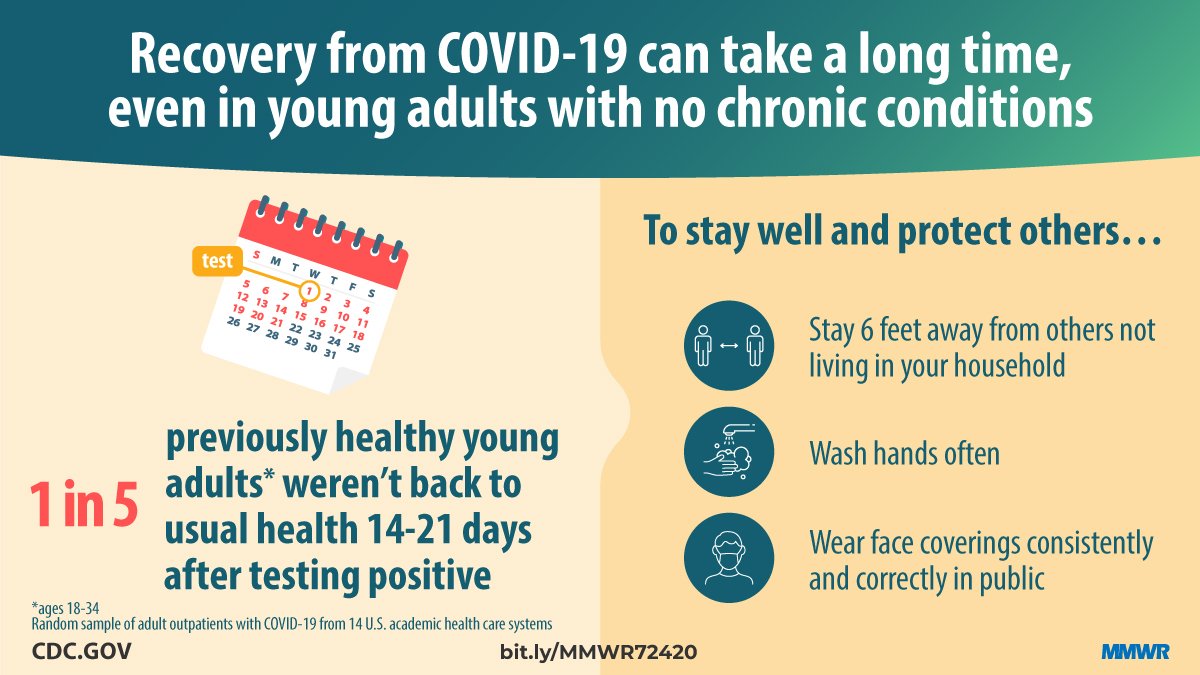
Things that used to take me a short period of time now take me much longer because I can no longer think as quickly on my feet, or do numerous tasks without getting extremely fatigued.
I can’t get through my workday like I used to. A standard workday exhausts me: for pure perspective, I worked my first eight-hour day just this past week, even though I returned to work a month ago and it exhausted me.
To this day, I still cannot work out because when my heart rate elevates, the dizziness, light-headedness and horrifying chest pain return.
My current reality takes constant prioritization — of my sleep, rest, and slowing down. It’s still a daily fight for recovery, and it’s exhausting.
I am genuinely so thankful to be alive every single day. So many humans just like me, who fought COVID before me, aren’t here today. So though it’s been awful, I know it could have been so much worse.
I am also thankful for Rachael, who took care of me, and to every person who sent us meals and groceries to our door. I couldn’t have done any of that on my own.
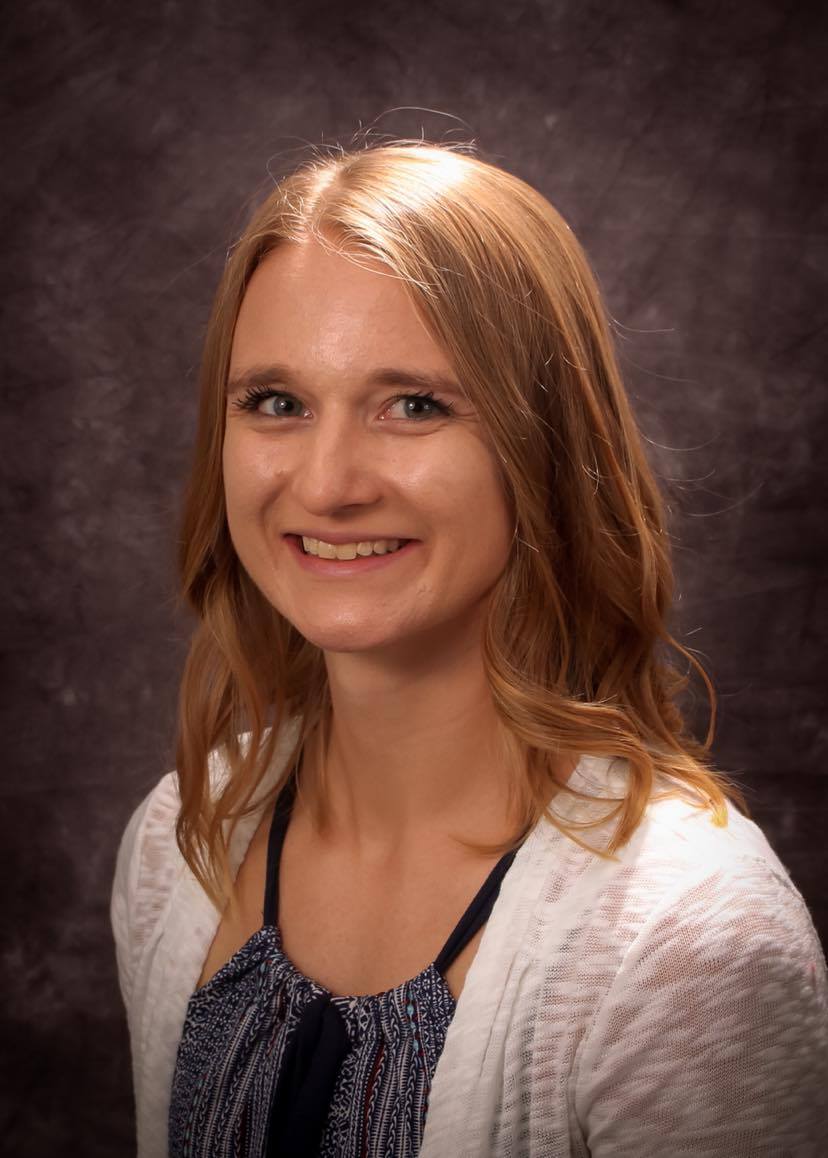
If I’m being really honest, though, I’m tired of how hard everything is. I’m ready to once more do my job the way I want to. To work out. To walk my dog. To have the energy to give to the people and things I love. To show up in this world how I want to.
But until then, I am working to appreciate the little things, and prioritize what’s most important every day. I’m working to have grace for myself and what has to be put off, and accept this new post-COVID life as my reality, for now. I am learning patience in this…one day at a time.
COVID is science we don’t yet understand. There is so much still to learn about how this will impact many for the long haul. Not to mention, our healthcare system is at max capacity.
So many people won’t ever recover. Many will die alone. And many others will fight for their life for what feels like forever, to feel like the person they want to be again. My heart goes out to each person in these categories, and everyone who’s lost someone they love to this virus.
Please: be more aware of how some of your decisions now may affect you, and those around you, for months, and maybe for the rest of your lives. Stay diligent, and stay conscious.
(Photos provided by Kate Crane. Cover photo is of Crane (right) with partner Rachael Dunahoo.)

